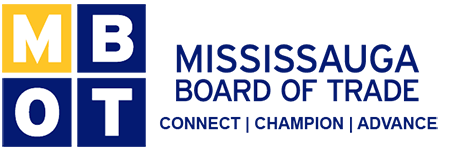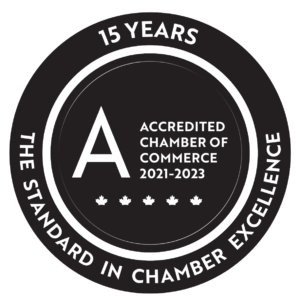Author: Anne M. Kennedy, Partner, Risk and Practice Management, Pallett Valo LLP
Recent amendments to the Law Society of Ontario’s Anti-Money Laundering measures require lawyers to ask their clients for additional information whenever they are receiving, paying, or transferring funds, unless an exemption applies. Before the recent amendments, lawyers were required to verify client information through identification documents, but under the new amendments lawyers must make additional inquiries and keep records of what they learn about their clients and the source of the funds provided.
For clients who are individuals, lawyers must immediately take and maintain copies of government-issued photo identification. Copies must be kept for the duration of the retainer and for up to 6 years after. Where photo identification is not available there are other approved methods for verifying identification.
For clients that are corporations or organizations, lawyers must verify identity preferably through government registry, within 30 days of the date they are retained and make reasonable efforts to obtain the contact information of each director, partner, trustee, or beneficiary and for anyone owning more than 25% of the shares of a client corporation. Copies of the organization’s constating documents such as a trust or partnership agreement, or similar record that confirms the organization’s existence and validity may be required.
Unless an exemption applies, lawyers must ask questions and record information from clients about the source of the funds. They must monitor a retainer periodically, reaching out to the client to ensure that the activity is consistent with the purpose of the retainer and that there is no evidence of fraudulent activities. The inquiries made and the information obtained must be recorded.
If any of the exemptions listed below apply, then although the requirement to identify the client remains, the more onerous verification requirements do not. This is of course, subject to the overriding professional obligation to be vigilant and to watch out for flags of fraud. The exemptions include where the funds are paid or received:
- From a financial institution, public body, or reporting issuer.
- By electronic funds transfer (as defined by LSO, this means wire transfer).
- From the trust account of another lawyer authorized to practice law in Canada.
- From a peace officer, law enforcement agency, or other public official acting in an official capacity.
- Are used to pay a fine, penalty or bail; or
- Are used to pay for fees or disbursements billed for legal services.





